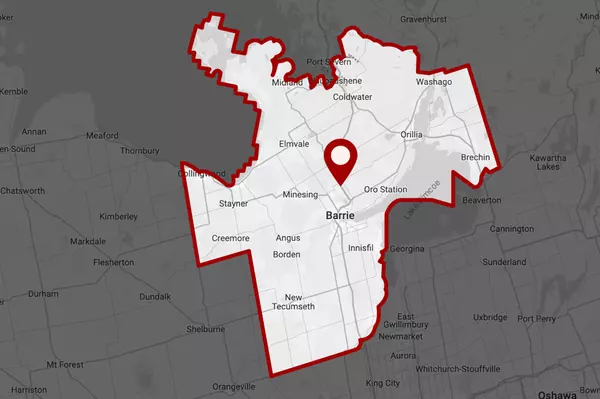
From Hidden to Hotspot: Why Everyone’s Talking About Midhurst
From Hidden to Hotspot: Why Everyone’s Talking About Midhurst There’s a quiet transformation unfolding just northwest of Barrie—one that locals have started to notice, and out-of-town buyers are beginning to buzz about. Midhurst, long known for its tranquil tree-lined streets and close-knit charm, i

How the Upcoming Federal Election Could Reshape Canadian Real Estate — And What It Means for Simcoe County
How the Upcoming Federal Election Could Reshape Canadian Real Estate — And What It Means for Simcoe County With a federal election looming, one topic is already dominating conversations from boardrooms to breakfast tables: how will the outcome affect Canadian real estate? While much remains to be se

Real Estate Market Update: Navigating the Current Landscape in Simcoe County (Spring 2025)
📊 Real Estate Market Update: Navigating the Current Landscape in Simcoe County (Spring 2025) Engel & Völkers One Group | Scott Cooper, Broker The Ontario real estate market—and more specifically, Simcoe County—continues to experience a dynamic shift as we head deeper into 2025. After several years
Categories
Recent Posts










